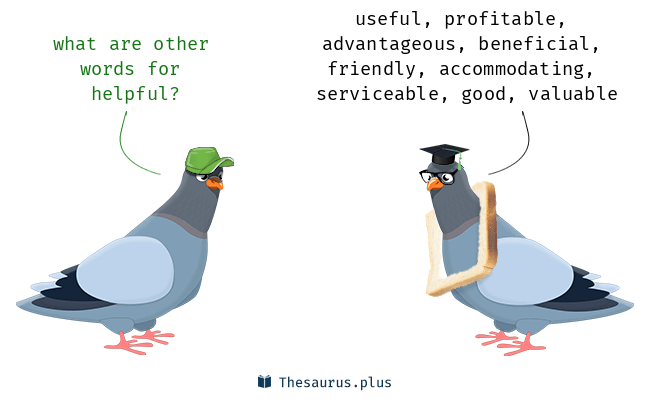Google has announced the release of what many believe will be its most significant algorithm update in ten years.
Its new algorithm update, called the “helpful content update”, looks to boost content written for people to enjoy and will penalise the stuff marketers churn out with the aim of playing search engine rankings.
According to Google, while this latest update is industry-wide, in terms of its impact, the following sectors are potentially most exposed to volatility:
- Online educational materials
- Arts and entertainment
- Shopping
- Tech-related
Based on Google’s analysis, these sectors have more of a track record of deliberately looking to manipulate search engine rankings with tell-tale low-value, SEO copywriting.
Google explains it like this…
Danny Sullivan, Public Liason for Search, Google
“For example, if you search for information about a new movie, you might have previously seen articles that aggregated reviews from other sites without adding perspectives beyond what’s available elsewhere. This isn’t very helpful if you’re expecting to read something new. With this update, you’ll see more results with unique, authentic information, so you’re more likely to read something you haven’t seen before.”
Essentially, Google wants to reward people who post useful content that was written to help users.
The update will start rolling out shortly and it might mean some people will have to re-think website content strategies.
How does the new update work?
The update was pencilled in to start rolling out this week. Google will post on its Google ranking updates page when it begins and when it is fully rolled out, which could take up to two weeks.
This update introduces a new site-wide signal that Google considers, among many other signals, for ranking web pages. Google’s systems automatically identify content that seems to have little value, low-added value or is otherwise not particularly helpful to those doing searches.
Any content — not just unhelpful content — on sites determined to have relatively high amounts of unhelpful content overall is less likely to perform well in Search, assuming there is other content elsewhere on the web that’s better to display. For this reason, removing unhelpful content could help the rankings of your other content.
A natural question some will have is how long will it take for a site to do better if it removes unhelpful content? Sites identified by this update may find the signal applied to them over a period of months. Google’s classifier for this update runs continuously, allowing it to monitor newly-launched sites and existing ones. As it determines that the unhelpful content has not returned in the long term, the classification will no longer apply.
While your site can be penalised for unhelpful content, individual pieces may still rank well – under certain conditions.
“People-first content on sites classified as having unhelpful content could still rank well, if there are other signals identifying that people-first content as helpful and relevant to a query. The signal is also weighted; sites with lots of unhelpful content may notice a stronger effect.”
It’s really important to note that if your site is penalised, it could take months to recover your good ranking and Google will need you to prove you no longer publish content to rank in search engines. So, as you can see, it’s way better not to get on the bad side of the search engine giant.
The dos and don’ts
As we mentioned, marketers should remove unhelpful content from their websites and direct their focus toward building more human-first content. Other helpful tips include:
- Writing content tailored to your existing or intended audience.
- Demonstrate first-hand expertise and depth of knowledge.
- Include enough depth so a reader will have a positive experience with your article.
You should avoid:
- Producing content primarily to attract people from search engines.
- Producing lots of content on different topics in the hope it might perform well ins search.
- Using automation to produce content.
- Summarising what others say without adding value.
- Writing articles on trending subjects if the subject doesn’t match your audience.
- Writing to a specific word count – Google has no preference for word count.
- Writing about a niche subject area without including any original knowledge.
- Writing articles that promise to answer a question that has no answer, such as suggesting a release date for a product that isn’t confirmed.




RECOMMENDED FOR YOU
[NEW STUDY] AI Traffic Outperforms on Conversions Not Engagement
For all the promises about AI-powered search delivering higher-quality…
For all the promises about AI-powered search delivering higher-quality…
Google CTR Drops as AI Overviews Dominate
One year after the launch of Google’s AI Overviews,…
One year after the launch of Google’s AI Overviews,…
Google Expands AI Mode to Boost Search Discovery
Google is stepping up its AI game with the…
Google is stepping up its AI game with the…